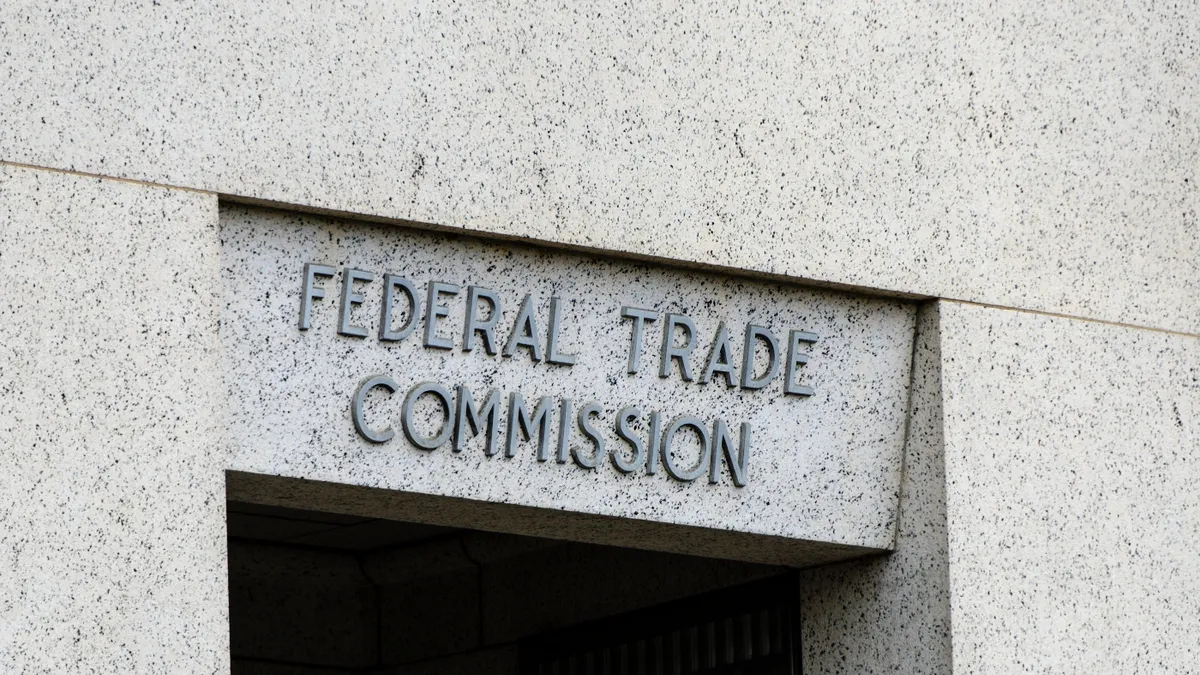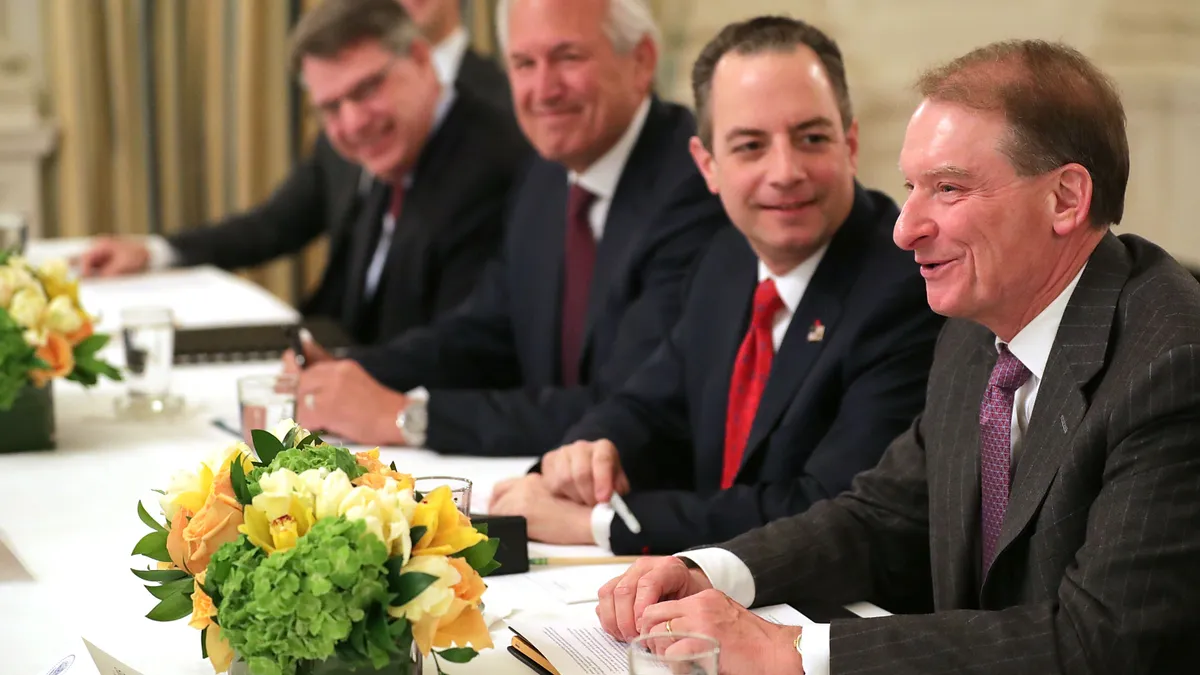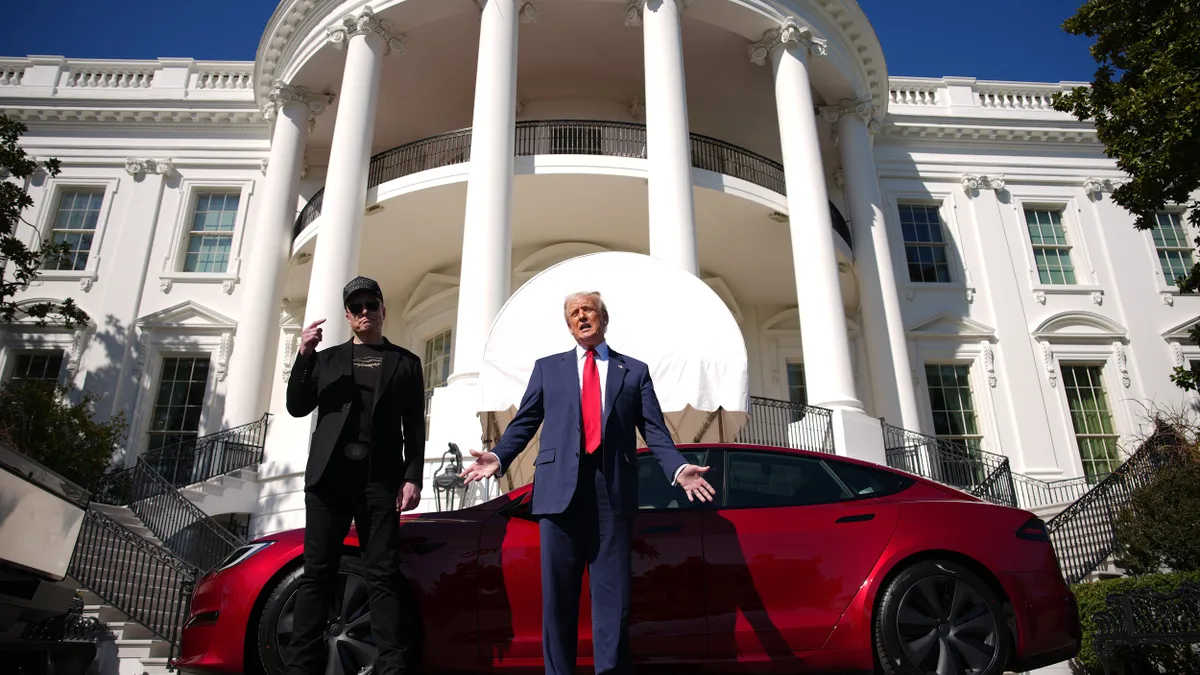Beverage company Bevi is focused on driving “organic growth,” looking to identify new verticals and areas for expansion, newly-minted CFO Wajeeha Ahmed told CFO Dive. The Boston, Massachusetts-based smart water cooler and dispenser company’s first-ever finance chief, Ahmed took the role last month.
The company, which provides smart water coolers offering an array of still, sparkling and flavored waters, turned profitable last year, and is projecting to be EBITDA positive this year as well, she said. The goal is not just to maintain the company’s growth, “but to beat it,” Ahmed said in an interview.
“So where is that growth going to come from? What are the investment decisions that we have to make?” she said. “How do we find the right use of capital and really do the kind of the analytical work and the data-driven analysis to support that?”
Pressure testing
Prior to Bevi, Ahmed most recently served as CFO for food and beverage firm Hungryroot. Her previous experience includes a three-year stint as finance chief for Barstool Sports, serving as CFO, Digital for Vice Media, and holding various executive and financial positions at Time Inc., according to her LinkedIn profile.
As CFO, Ahmed’s goal is to make sure that no matter the rate, the smart water cooler company’s growth is “painless,” she said. That includes ensuring the business is set up to effectively scale, both in terms of processes and talent.
“What I'm doing right now is spending as much time as possible with my team and understanding what we have, and then pressure testing those processes to say, okay, the business [grows by 5x], would we continue to do it the same way, or would we need to change something?” she said.
Ahmed is also focused on ensuring she’s working with the CEO and other members of the C-suite to create the right strategy to effectively support its growth, she said. Historically, Bevi’s most popular segment has been office space; as such, the finance chief is keeping a close eye on the “return to office” trend and how that could impact Bevi’s business.
The “RTO” discussion has fallen into the spotlight in recent weeks as larger banks such as JPMorgan Chase — and entities such as the federal government — seek to implement policies bringing employees back to physical offices full-time. Such policies have drawn pushback both from employees and C-suite leaders — many of which are weighing the pros and cons of an RTO policy with employee attraction and retention.
Bevi itself is a hybrid company, Ahmed said, and while understanding how the RTO trend could impact Bevi’s business is essential, its growth plans go beyond the office, she said.
The company has begun branching out into other physical locations and verticals, such as airports lounges and cafeterias, she said. Determining the areas that are the right product market fit and coming up with the right price model are a key focus moving forward, Ahmed said.
“Those are the types of things where we have to make decisions where I bring that financial lens,” she said. “Another thing that I think about a lot is, if you look at an area such as marketing…what are the different ways you're spending your marketing dollars? Where is the best ROI for the business?”
Laying the long-term groundwork
Like most finance chiefs, Ahmed is also keeping a close watch on macroeconomic headwinds as she settles into the company’s top finance seat, including the continuing back-and-forth regarding tariffs that could impact Bevi’s supply chain, manufacturing and pricing. The company does source some raw materials from international suppliers, and, like many other businesses, has conducted scenario planning on the potential impact from economic shifts, she said.
“Our playbook is to plan for different alternatives, but let the situation settle before we start making big changes,” Ahmed said.
The Trump administration’s strategy surrounding tariffs has shifted rapidly since President Donald Trump began his second term at the start of the year; on Wednesday, the president issued a 90-day pause on broad tariffs announced just the week prior, CFO Dive previously reported.
However, it’s important to stay grounded in the face of such back-and-forth: “I think the second piece is, no matter what sort of tweet comes out today. we're not going to change our strategy on the fly,” said Ahmed, who spoke to CFO Dive prior to when the Trump administration’s April 2 plans were announced. “That's not how long-term planning is done.”
Instead, Ahmed thinks of such planning like a decision tree; if scenario “A,” happens, for example, then maybe the company’s Plan C or Plan D are two of the ways it could potentially react.
The key is to get internal alignment among leadership and support from the board, so “when eventually one path starts to emerge, then you have already laid out what the second step and the third step and the fourth step would look like,” she said. “So in this wait and see mode, that's how I think about it and I plan for it.”



















